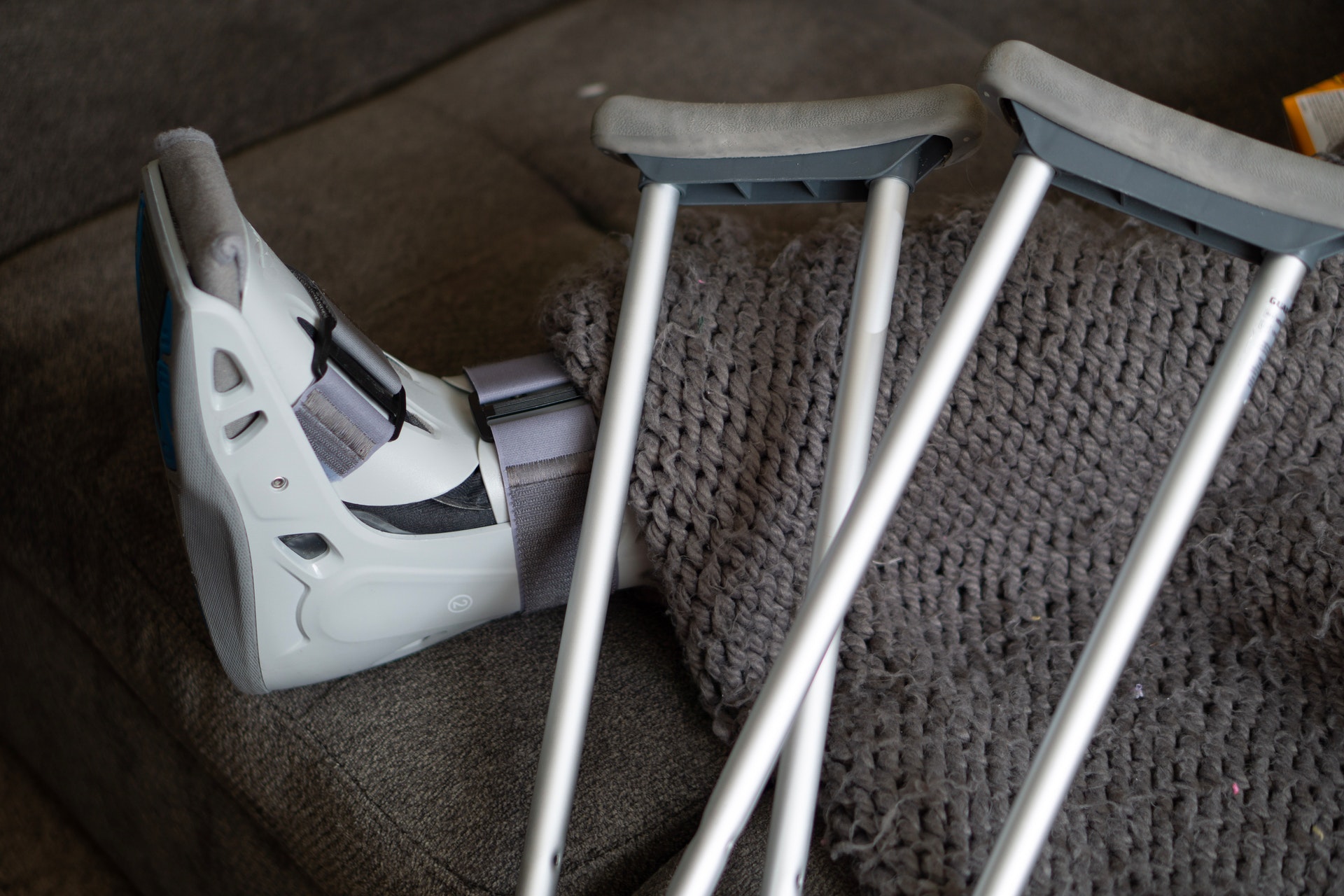What are the different types of negligence? | 5 minute read
Negligence, in a legal sense, can come from anyone or anywhere. It can be from a stranger in the street, or it can be from a professional that you know and trust. Whatever form your negligence takes, it will always have two things in common: there will always be someone who has failed in their duty of care, and there will always be some kind of loss or damage for the victim.
What is negligence?
Legally, negligence is when someone in a position of power or a person with a duty of care fails to deliver what they promised. Subsequently, the “victim” will suffer from damages, which could be physical or financial. The person or professional who was negligent is responsible for the damages, and the victim can claim against them for compensation.
what are the different types of negligence?
1) PROFESSIONAL NEGLIGENCE

Professional negligence is when you seek advice or services from an industry professional, who has a duty of care towards you, yet they fail to deliver this service to the required standard. There are multiple types of professional negligence, however, the most common types include:
–Accountant negligence. When an accountant or financial advisor gives poor advice which leads to a financial loss.
–Legal negligence. This is when a lawyer’s work or advice isn’t up to standard. The client may lose out on money and may not be satisfied with the outcome of their case.
–Architectural negligence. When a surveyor or architect fails to design a building or properly examine its structural integrity.
case study
Client A comes to his solicitor with an issue. They advise him to take a certain course of action and state that the legal fees will be £2,000. However, over a year down the line, his legal matter is nowhere near being solved. He rarely hears from his lawyer and has just been given a legal bill for almost triple the amount he expected.
2) Medical Negligence

case study
After her surgery, patient B notices that her wounds are not healing properly. Despite speaking to her surgeon and other medical professionals multiple times, they assure B that her wounds are fine and will heal naturally. However, a severe infection develops, which leads to B’s condition worsening.
3) gross negligence

Gross negligence differs slightly from medical or professional negligence because you do not have to be a professional to commit it. Gross negligence can be by anyone and is when the actions were either intentionally dangerous or showed an entire disregard for someone’s safety. For example, if someone is looking at their phone whilst driving, and they crash their car into a pedestrian causing them physical damage, this is gross negligence.
case study
Client C is walking home from work when a drunk driver, who is also on his phone, drives through a red light and hits him. C suffers severe injuries, including a broken leg.
4) Ordinary negligence

Ordinary negligence is similar to gross negligence in that anyone can do it. The difference lies in the intent behind the action, and the severity of the incident. Though the result is often similar, ordinary negligence is normally less extreme or malicious.
case study
Client D is a lifeguard who works in a public pool. Whilst on duty, her phone rings, and she answers the call. However, she fails to notice that a member of the public has slipped into the pool and is struggling to swim, has injured themselves and their health is in danger.
How do i make a claim?
If you want to claim for negligence, there are certain criteria that you’ll need to comply with for your claim to have legs. Let’s use client D as an example.
Duty of Care
The negligent person must have an obligation of care towards the victim. This initial duty of care means that this person is responsible for a product or service which could subsequently harm someone else. Client D’s duty of care was to look after the people in the swimming pool where she worked.
Breach of duty
This initial duty of care must be subsequently broken for the claim to be negligent and has resulted in some form of damage. Client D breached her duties by looking away from the pool and failing to notice a person in need of help.
Loss suffered
The victim will then need to show that the negligent person’s actions have directly resulted in their damages or losses. If you can’t show that you have suffered financial losses or physical damage, it’s highly unlikely that your case would succeed. Client D is now liable for compensation that the victim will claim as a result of their injuries.
Tort Claims VS Contractual Claims
When making a negligence claim, you’ll need to consider what form the claim takes and the nature of the negligence.
Tort claims are claims for damages or compensation for the harm caused. They are commonly used after an accident. A tort claim is where there is no form of contract between the victim and the negligent party. For example, client C (who was hit by a drunk driver) had no previous relationship with the driver and had no professional or formal contract in place.
However, a contractual claim is when there was a formal agreement or contract between parties. This contract is subsequently breached because the negligent party has failed to uphold their part of the deal. Client A will need to make a contractual claim against his lawyer because they have broken the terms of their contract.
WHEN DO I Need a lawyer?
Going through a professional negligence claim can be stressful, costly and drawn out, but our team are here to provide clear and concise advice. A professional negligence lawyer will assist you with dispute resolution and mediation and will aim to resolve claims before they go to court. However, should your claim go to court, you can be assured that our partners have the training and knowledge to fully support your case. Having a litigation lawyer on your side during a professional negligence case will help you understand how strong your case is, and how credible the other side’s evidence is.



0 Comments